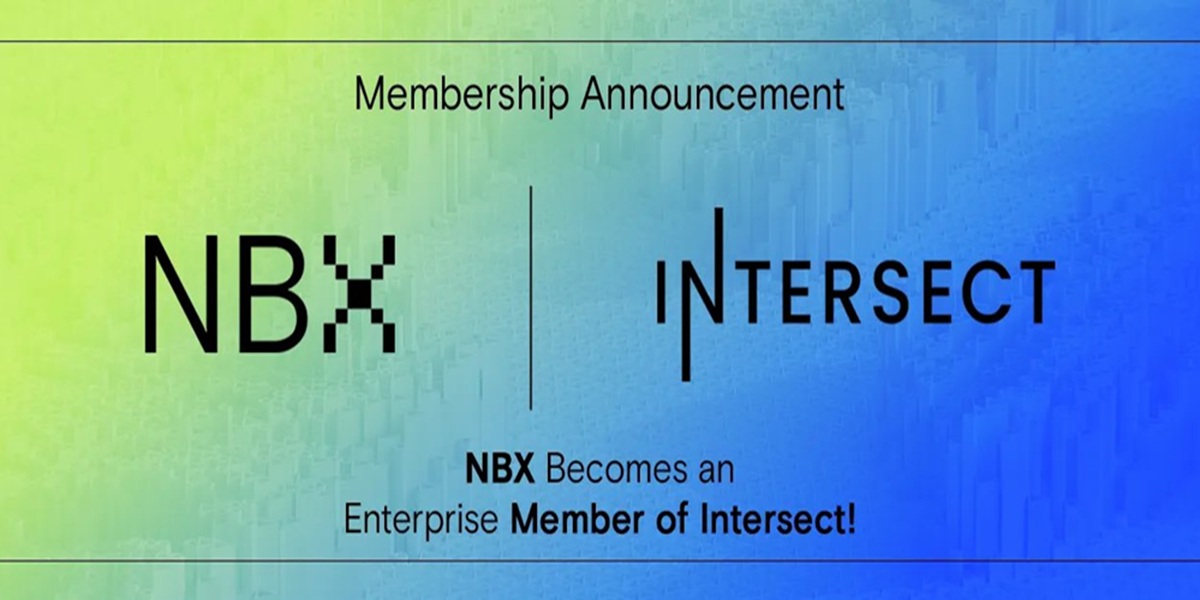Monero (XMR) is a decentralized, privacy-focused cryptocurrency that was launched in 2014. It is designed to be a secure and untraceable digital currency, using advanced cryptographic techniques to protect the privacy and anonymity of its users.
One of the key features of Monero is its use of a technology called "ring signatures", which allows transactions to be signed by multiple users without revealing which user actually signed the transaction. This makes it difficult, if not impossible, for outside observers to determine who sent a particular transaction or how much XMR was involved.
Another important feature of Monero is its use of "stealth addresses", which allow users to receive XMR without revealing their public address on the blockchain. This makes it more difficult for third parties to track or monitor transactions involving Monero.
In addition to its privacy features, Monero is also known for its strong commitment to decentralization and community governance. The project is run by a group of volunteer developers and contributors, and it uses a consensus algorithm known as "Proof-of-Work" to secure the network and validate transactions.
The use of Monero has been associated with various illicit activities due to its strong privacy features, including its use on darknet markets and for money laundering. However, the Monero community emphasizes that the currency is intended to be a secure and private means of conducting transactions, and that its users should not be assumed to be engaging in illegal activity.
Overall, Monero is a unique and innovative cryptocurrency that offers a high level of privacy and security to its users. While it has faced some criticism and regulatory scrutiny due to its association with illicit activity, it remains a popular and active cryptocurrency with a strong and committed community of users and developers.
The article does not constitute financial advice.


